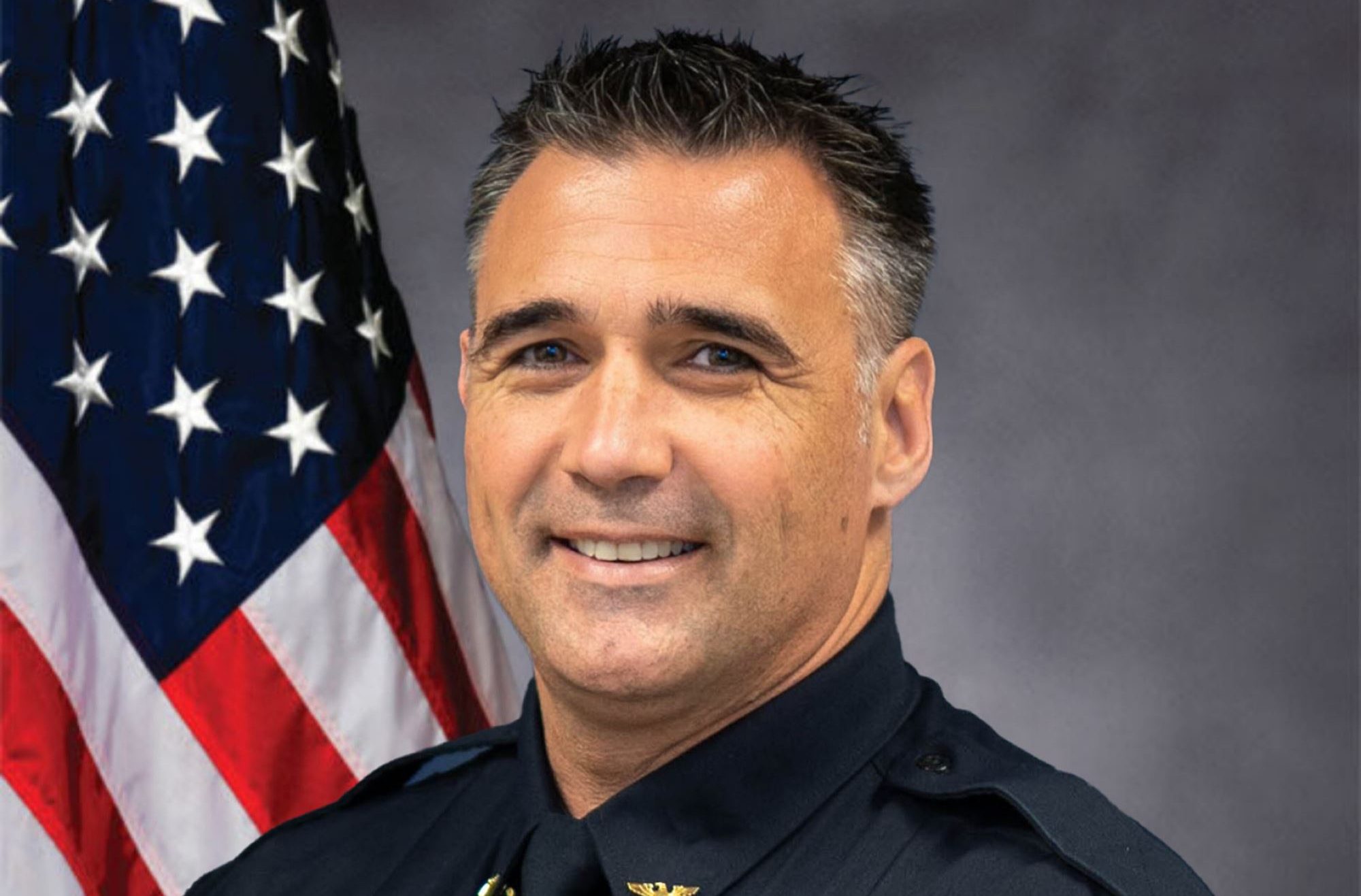Charlottesville, Virginia, Police Chief Michael Kochis confirmed his department has halted the use of a crime-analysis software system and restricted access to its automated license plate readers to prevent federal immigration enforcement from using the data.
According to the department, access to the city’s 10 Flock Safety cameras is now siloed. No outside law enforcement agencies, including federal immigration authorities, can view Charlottesville’s camera data without a court order.
Kochis told a local newspaper the move followed internal reviews that revealed other Virginia jurisdictions were using Flock data while participating in the 287(g) program. That federal partnership allows local law enforcement to act as immigration agents in cooperation with U.S. Immigration and Customs Enforcement.
“Once we found that some jurisdictions were using Flock data while signed onto the 287(g) program, we shut our system off,” Kochis told The Daily Progress.
As a result, Charlottesville officers can no longer see Flock data in other jurisdictions, and no other agency can access Charlottesville’s data. Kochis said the department now performs internal audits to ensure data is only used for local criminal investigations.
Virginia has at least 25 localities, including Greene, Buckingham, and Bedford counties, participating in 287(g). Virginia Gov. Glenn Youngkin’s administration recently announced that the Homeland Security Task Force and 287(g) partnerships have resulted in over 2,500 arrests.
The city’s restriction on Flock data goes beyond a new state law that took effect July 1, which requires license plate data to be used only for state criminal or missing persons cases.
Charlottesville officials also canceled plans to implement a separate $150,000 crime-analysis system from Peregrine Technologies after the City Council raised concerns about federal data access. Kochis said the department will continue analyzing crime manually while assessing alternatives.
He defended the cameras’ local use, noting they helped solve cases including shootings on the Downtown Mall and a missing child, while also reducing auto thefts by 60% year-over-year. He also pointed to the city’s short, seven-day data retention policy as evidence of transparency.
The City Council is expected to vote in October on whether to keep or end the Flock camera pilot program. Kochis said his department will abide by that decision.



